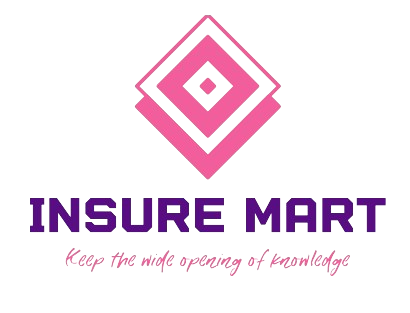College Career Services can help students find jobs following graduation. Career services are typically paid for by employers, in contrast to other departments for student affairs that are entirely funded by the cost of registration on campus.
Career services offices aren’t the only places for students to make connections. Social media platforms like LinkedIn are a great way for students to search for opportunities to network.
Career Counseling
Students can avail many different college career services to help them with their careers in the future. They can help you get through the work environment by providing individual counseling for your career or workshops on strategies for job searching. They can help assist you in finding jobs and internships within your field of interest.
Students typically choose their majors and courses of study with one aim in mind: to find a lucrative job following the completion of their studies. Many college graduates struggle to find jobs that match their qualifications and skills. According to the National Association of Colleges and Employers’ (NACE) research students who took part in paid internships were 2.4 times more likely to say that their work was tied to their education.
The department of career services at the university may help students narrow their choices by identifying their passions and skills. The career services department can assist students in creating a plan to achieve their objectives. This can include advising them about the additional qualifications they must obtain or other extracurricular activities might be of interest to them.
Career services are heavily dependent on the revenue of employers for the majority of their expenses and salary. This is distinct from other campus units that are entirely funded by fees for registration on campus. Their skills in marketing are essential as they need to be able to communicate to employers and find skilled applicants.

How to write a Cover Letter and resume
Your job search isn’t complete without an impressive resume and cover letter. Employers will receive an initial impression of your skills, abilities and passions from your resume. They also play a significant element in deciding if they should interview a potential employee.
A resume that’s attractive clear, concise and well-organized will impress your prospective employer. Include only information that is relevant to the position you’re applying. List your work experience in reverse chronological order and be sure to include the company/organization, title, and dates (month and year). Data from quantitative sources must be made available whenever it is feasible. Include any abilities you possess that are relevant to the job (e.g. programming languages, statistical software lab procedures, etc.).
Your cover letter should be a complement to your resume and demonstrate your enthusiasm for the job or organization you’re applying for. The cover letter shouldn’t be a copy of your resume. Always customize each cover letter for the specific position/organization for which you are applying.
Tips for Interviews
Interviews are an essential element of your job search. You’ll be able to explain how your abilities and experiences match the requirements of the company. You’ll also have the opportunity to inquire regarding the company, job or pay.
It is crucial to research the company prior in preparing yourself for an interview. It is important to know the the company’s the history, its products and services, mission and the company’s values. You can answer questions such as “Why did you choose this particular company?” or “What’s your most limiting point?” by researching the company.
You must be prepared to describe the way your education and work experience have helped you prepare for this position and click now https://baoxinviec.shop/. It’s a good idea to write down your achievements and your strengths. It is possible to include examples which demonstrate your problem-solving abilities and communication skills, as well as the ability to lead.
Additionally, you must be aware of the standard types of interviews, such as an interview with a case or behavioral interview. Career Services can help you prepare for these types of interviews by offering training and training sessions. Additionally, you can use GW InterviewPrep as in first-hand tutorial videos on Handshake. It is important to thank the interviewer for their time and express your enthusiasm.
Strategies for Job Search Strategies
It can be a challenge and time-consuming to get an employment. For success students need to develop their abilities to find jobs and develop a strategy. Students should be ready to handle the ups and lows that are associated when trying to find work. It can take anywhere from six to 9 months.
Networking is the most effective method to find a job. Students must establish connections with their alumni, relatives and friends as well as professors in order to learn about opportunities and companies that are appealing to them. In order to connect with employers students must attend information and job fairs, as well as sessions, as well as campus interviews. Handshake is a career-related platform that lists jobs and internships.
Students should also concentrate on writing a resume and cover letters that are specifically tailored to the specific job. Resumes should include key phrases specifically relevant to the field and statements that have a high impact, and personal touches to differentiate themselves from the other candidates. To demonstrate interest in the position, candidates should investigate the interviewer and company prior to the interview.
To meet the demands and demands of their students a number of top universities are developing new career-related services that are innovative. Johns Hopkins President announced recently that graduates will be guaranteed a job. Colby College launched DavisConnects to improve the number of internships and research opportunities available to students. These initiatives aim to improve the limitations of conventional career services, which frequently do not serve the most in need.
